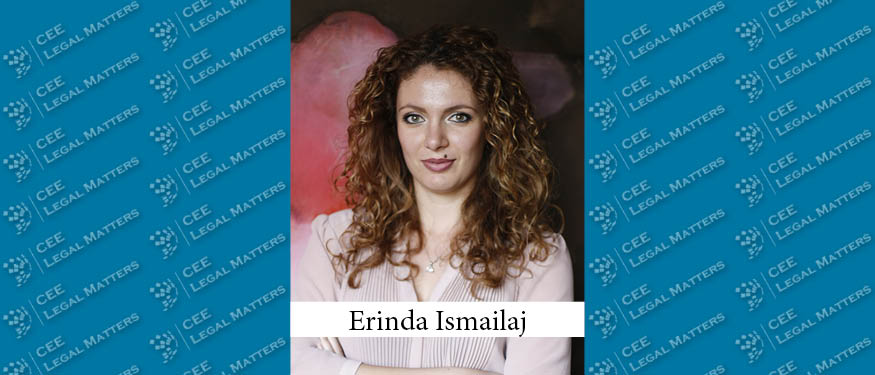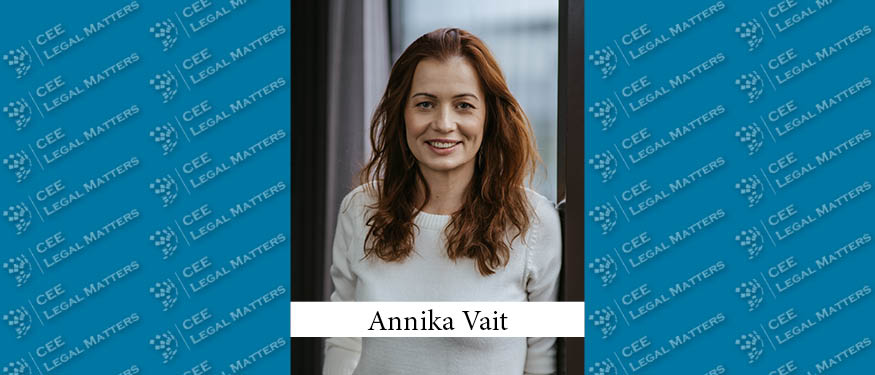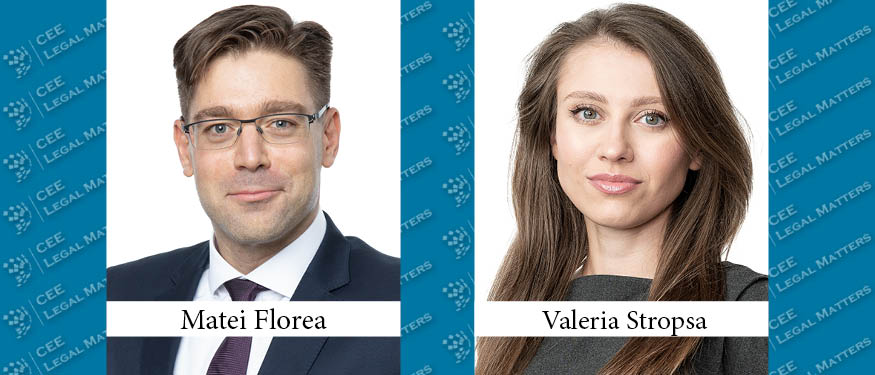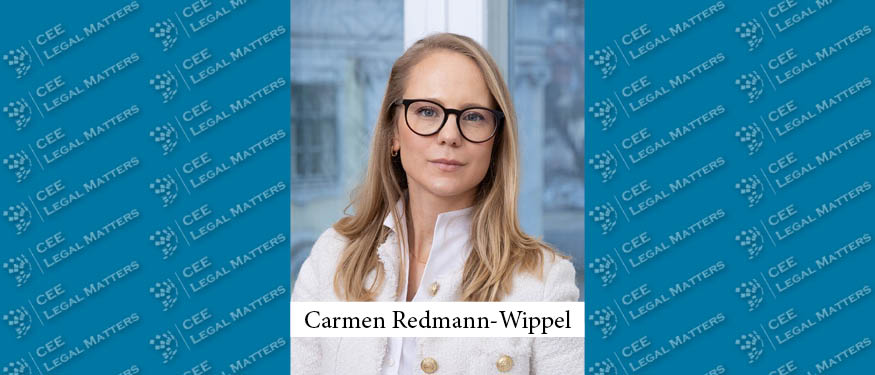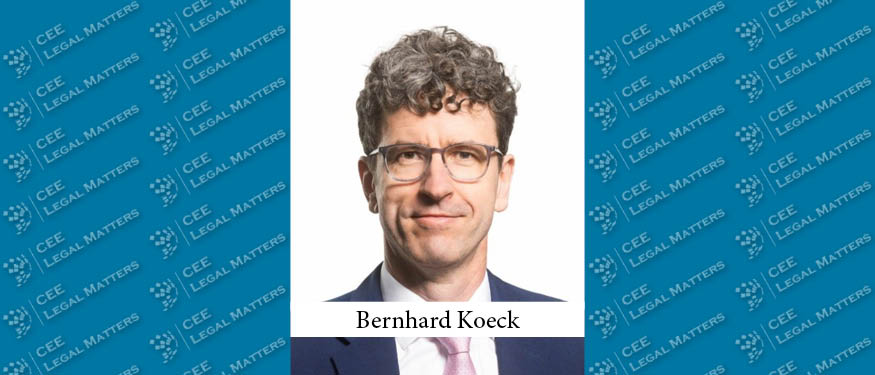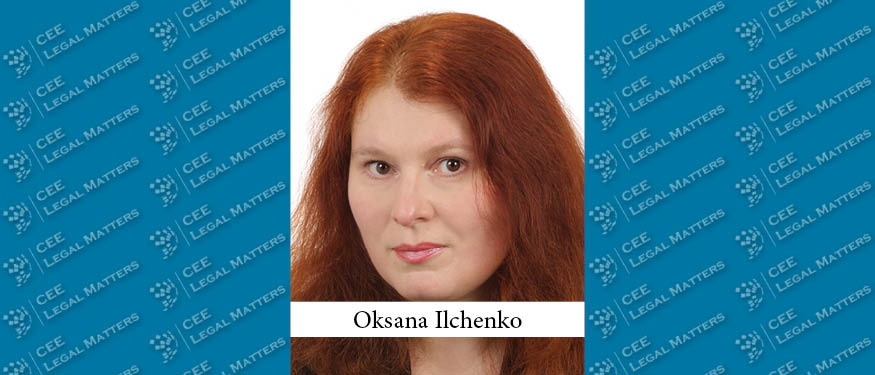On May 7, 2018, CEE Legal Matters reported that DTEK Renewables is developing the Nikopol solar power plant project in Ukraine, which will be the most powerful in the country. We reached out to Ivan Lyakh, General Counsel for DTEK Renewables, for comment.
CEELM: What would you identify as the biggest challenge in implementing the construction of the Nikopol solar power plant?
I.L: The solar power generation business is quite new for DTEK. Recently, we implemented our first 10-MW solar plant pilot project, which was successfully commissioned at the end of summer 2017. Right after that, we started developing a large scale 200 MW solar plant pilot project. As a market leader, our intention was to create a state-of-the-art PV-generation plant project which would become the largest solar power plant in our country. The biggest challenges were to create a new efficient project team capable of implementing the project against a tight deadline and to perform contract negotiations with Chinese partners to secure the project's financial indicators and set timelines.
CEELM: Why did you choose Dentons to assist you on this specific project?
I.L: DTEK is the leader in Ukrainian energy market. When selecting advisers we follow the strategy of working with market leaders in the relevant spheres. Legal advisors are no exception. Dentons stands quite well with legal expertise in the Ukrainian energy market and easily qualified. We paid special attention to the legal advisers’ presence in the Chinese market where all top solar plant equipment producer and EPC contractors are located. I should be also honest to say that Dentons' competitive financial offer allowed their team to be first shortlisted and then selected as legal adviser to the deal.
CEELM: What exactly was Dentons’ mandate on the matter?
I.L: Dentons team reviewed the EPC documentation, together with financial arrangements inseparably incorporated into the supply and constriction part of documentation. The team also supported us in 24/7 contract negotiations which we finished in world-record time. After closing, Dentons issued English, Chinese, and Ukrainian law legal opinions on the enforceability of EPC documentation.
CEELM: China Machinery Engineering Corporation became your construction partner. What can you tell us about the agreement making process with Chinese?
I.L: We have a lot of cultural difference with our Chinese partners, which, at the beginning, caused multiple everyday implications. However, after spending several months in contract negotiations and the construction process together, we learned how to understand each other so that the project ran smoothly. What definitely inspires us about the CMEC team is their hardworking approach. The DTEK team learned a lot from them.
CEELM: You refer to “a lot of cultural differences with your Chinese partners.” Can you elaborate on this? What sort of differences did you encounter, and what methods did you employ to resolve them?
I.L: The cultural differences more lay on the different focuses of the parties on both “what we are doing” and “how we are doing it.” In our culture, we are usually more straightforward and focused on the main aim and results. In eastern countries, before you could discuss the aim and results, you must pass many other ceremonial steps. One of such issues we faced is that Chinese partners very rarely say a strict “no." How did we adapt? Easily. We just learned from each other from the first meeting and applied that knowledge in subsequent ones. The learning curve was not long due to the time constraints of the project.










